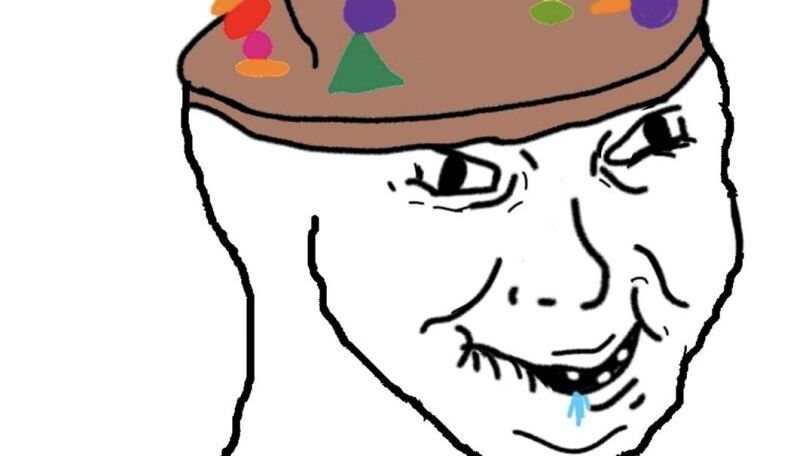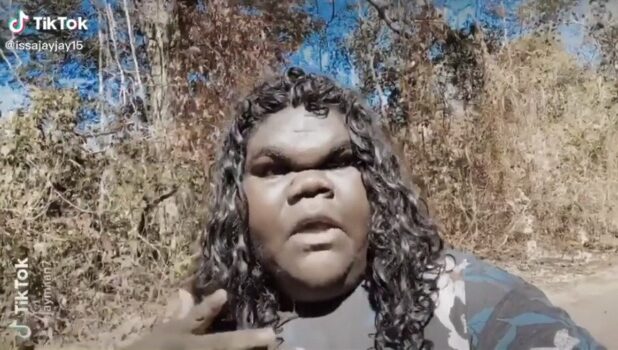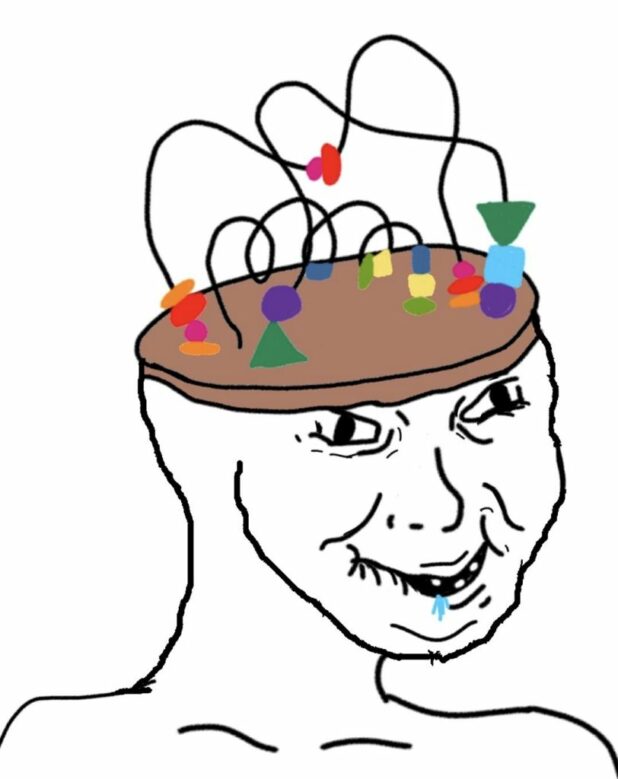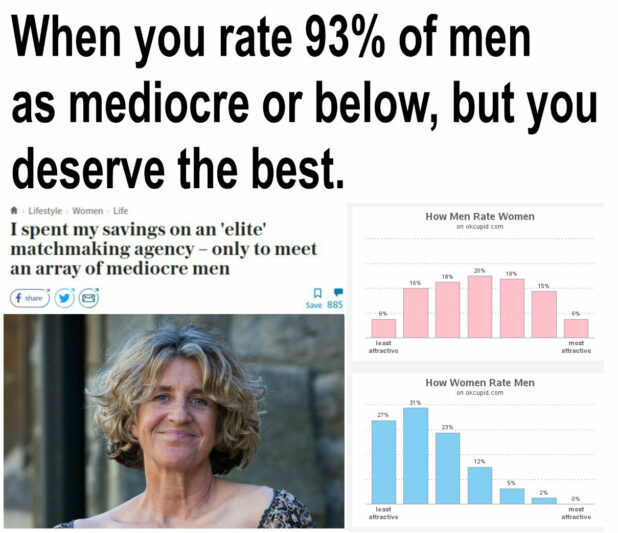Celibate women could join some aboriginal tribe.
Pomidor wrote this article without an opening line.
I don’t understand this article, but I’m posting it anyway.
When a woman named Alana coined the term “incel” in the late 90s, she couldn’t have predicted the outcome. What started as a harmless website to connect lonely, “involuntary celibate” men and women has morphed into an underground online movement associated with male violence and extreme misogyny.
…
But it is not just incel men who struggle to find sexual connections in the modern world. Some young women are turning to online “femcel” spaces to discuss the challenges they face as involuntary celibates.
Theirs is a non-violent resistance. Rather than blaming the opposite sex for their unhappiness, as some of their male counterparts do, femcels tend to believe their own “ugliness” is the root cause of their loneliness. Posting anonymously on platforms they have designed for themselves, they argue that they are invisible due to their abnormal appearance, and that our beauty-centric, misogynistic culture prevents them from being accepted. There is anger and open grappling with self-esteem, but no extreme hatred and no sense of entitlement within the community.
Meanwhile, a far greater number of women would not describe themselves as femcels, but live unintentionally celibate lives. They share many of the femcels’ concerns.
Caitlin, 39, doesn’t call herself a femcel, but she hasn’t had sex for almost eight years and doesn’t think she will find another sexual partner. “I’m not conventionally attractive and I never get approached by men,” she says. “They don’t look at me. I’ve had therapy to try to address these issues, but dating feels like a barren wasteland. It’s worse as I get older, because I’ve missed that short window to marry and have a family.”
She never tells people that she is celibate, because it makes her feel “abnormal” and inadequate. “I feel a lot of anger and hurt that my life has ended up this way. I struggle to cope with the fact I may never find a partner. Society makes it harder because, after a certain age, people tend to pair off and form their own insular units and life gets lonely for single people.”
Although Caitlin is not morally opposed to casual sex, it is not an experience that feels right for her. She has had two short-term relationships, which ended in heartbreak. There is a popular notion among incel communities – and even in wider society – that women are privileged because they can get sex at any time. Not only is that untrue, as many women will testify, but also, as Caitlin points out, not all sex is enjoyable. “Generally, men who aren’t in a relationship with you don’t make it a pleasurable experience,” she says. “The risk of rejection afterwards is high, which makes the sex even less enjoyable. As a woman, you want to be desired, not treated like a piece of meat.”
Caitlin is aware that men also struggle with self-esteem issues linked to appearance, but believes the pressure is greater for women. “I’m not especially drawn to someone’s looks or height. I prefer to get to know someone and develop an attraction. But I feel that a man who didn’t find me attractive straight away would never learn to become attracted to me. I see lots of beautiful women dating men who aren’t good-looking, but rarely the other way around. Men have more ways to attract a partner than looks.”
The article then shares a few stories from women aged 49, 53, 37, and 28. These women never say if they were celibate in their teenage years.
Then, a sex psychotherapist says that the fact old women can’t have sex with the men they want to have sex with is a consequence of misogyny, and that misandry is a reaction to misogyny.
According to Silva Neves, a sex and relationship psychotherapist with the UK Council of Psychotherapy, it is not uncommon for women to struggle to find a partner they find physically attractive, especially as they get older. “Society places a higher importance on women’s beauty,” he says. “We absorb and internalise this misogyny on every level and even women are more likely to criticise another woman’s body than a man’s. You often see women putting more effort into their appearance as they age because they have been taught it’s important in a way that men haven’t. But a lot of women complain that they struggle to be attracted to men, because they have let themselves go.”
While many men still prioritise beauty, Neves says women’s other successes, such as education, wealth or a good career, may be deemed threatening. In a recent article in the Wall Street Journal, Richard Vedder, an economist and senior fellow at the Independent Institute, a libertarian US thinktank, said that men make up only 40% of the university student population in the US. Women are outperforming their male peers academically and delaying having families in pursuit of financial independence and a career. While this might be considered a positive step forward for society, it has left some men feeling adrift.
Neves argues that while misogyny and misandry are both unacceptable, they have very different roots. “Misogyny is an ideology which dictates that women should be seen as objects, without the same rights as men. Misandry is mostly a reaction to misogyny and informed by evidence. We shouldn’t put all men in the same bag, but at the same time it’s hard to criticise women who have had negative experiences.”
Good to know!



